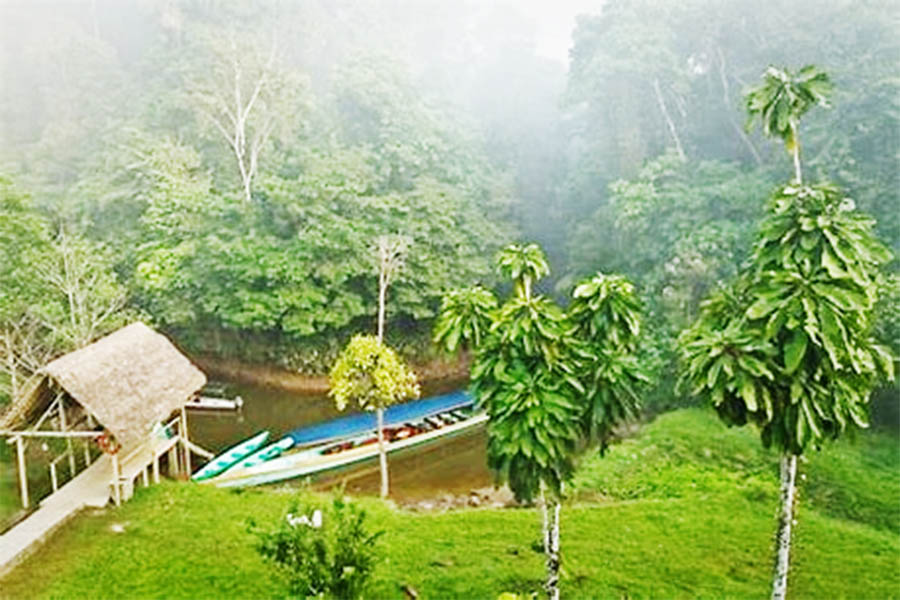Much is being made of a landmark decision made by voters in the South American Republic of Ecuador. On Sunday, they used a referendum held in the country to vote against oil drilling in the country’s Yasuni Park, a Protected Area in the section of the Amazon that is part of Ecuadorean territory. Ecuador’s decision to opt for environmental protection over consolidating its position as the fifth largest oil-producing country in South America, has caught regional and international attention on account of its rare departure from the global trend of ignoring environmental considerations and opting instead for the economic gains to be had from fossil fuel recovery.
The Yasuni National Park is a Protected Area in the Amazon that serves as home to two as yet un-contacted Ecuadorian tribes. The vote now compels the Ecuadorian government to bring an end to an ongoing operation by the country’s state-owned oil company to increase its oil production in the Yasuni National Park area. The vote serves to reject oil exploration in what is known as Block 43 which is situated within the Park. The referendum took place simultaneously with Ecuador’s presidential elections. Home to Ecuador’s Tagaeri and Taromenenani Peoples, among others, the area has been designated a world biosphere reserve by UNESCO. The location reportedly encompasses a surface area of around 1 million hectares (2.5 million acres). It reportedly boasts 610 species of birds, 139 species of amphibians and 121 species of reptiles. The decision comes in the wake of the recent Brazil Amazon Summit at which Ecuador was represented and where the assembled South American delegations fashioned a roadmap intended to protect tropical rainforests, a development that was welcomed as an important step in countering climate change. The Summit, however, failed to secure the concrete commitments which some environmentalists were seeking as a precursor to bringing an end to deforestation. As part of the deliberations in Brazil, the participating countries outlined plans to drive economic development in their respective countries, while preventing the Amazon’s ongoing demise “from reaching a point of no return,” though some environmental groups are known to have described the declaration as a compilation of good intentions with little in the way of measurable goals and timeframes. The Brazil forum, however, reportedly won the ‘approval’ of the Amazon’s umbrella organization of Indigenous groups. The Protected Area is situated in a reserve which stretches over one million hectares and is home to two of the world’s last un-contacted Indigenous populations, according to reports. The authorities in Ecuador have reportedly estimated a loss of $16 billion over the next 20 years as a result of the cessation of drilling in the area on account of the recent vote. While the WWF has reportedly described the decision by Ecuador as “significant,” it also said in its statement that it regrets that “the eight Amazonian countries represented as one front, have not reached a common point to end deforestation in the region.”





